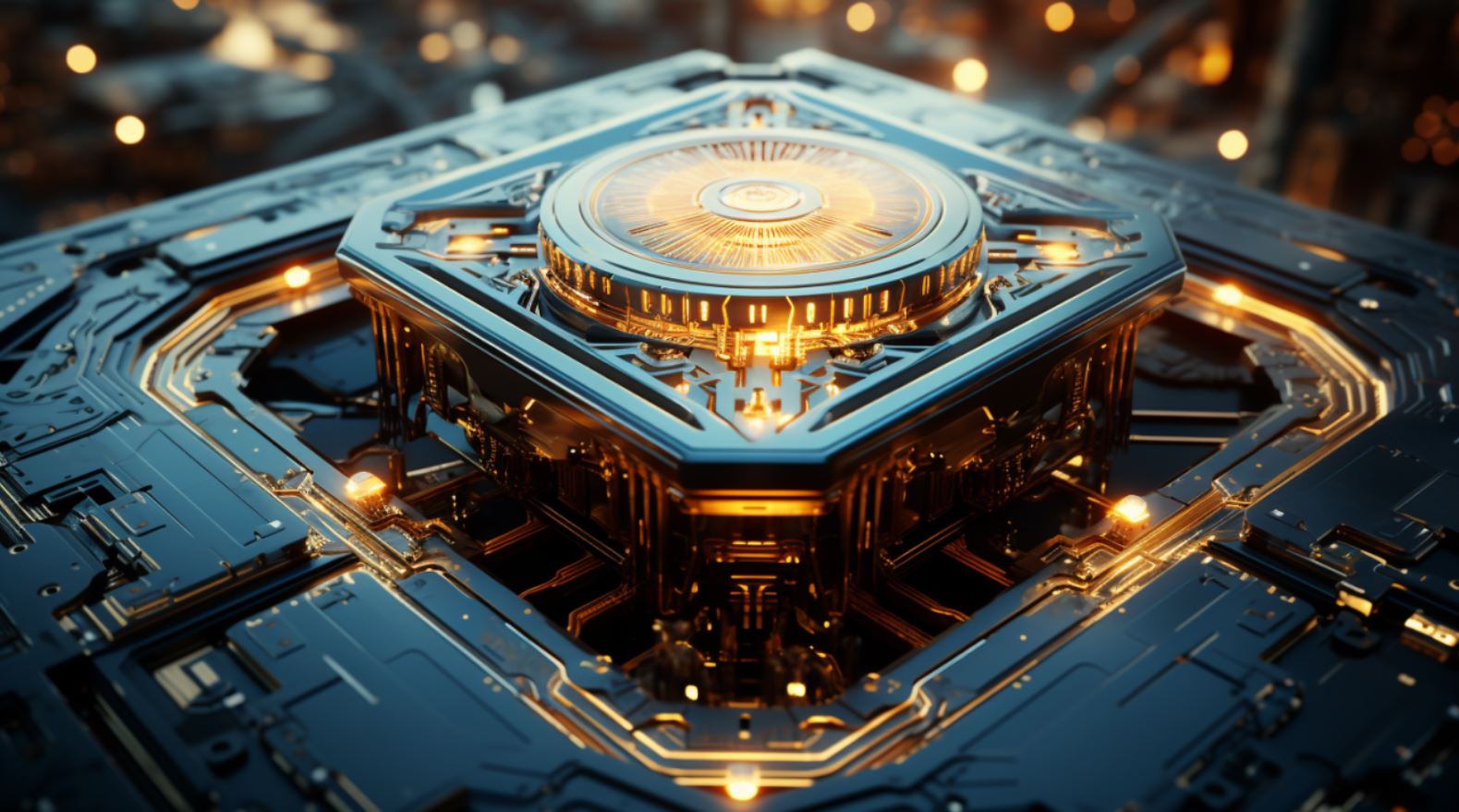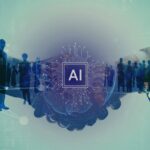 Imagine a future where AI slowly transforms society—much like electricity once did—touching every part of our lives. OpenAI CEO Sam Altman offers a picture of progress where, by 2027, robots take on everyday tasks, sparking scientific discoveries and enhancing human well‑being through careful governance. Yet, even as this ‘gentle singularity’ hints at abundance, it raises pressing questions about who really benefits and what challenges lie ahead.
Imagine a future where AI slowly transforms society—much like electricity once did—touching every part of our lives. OpenAI CEO Sam Altman offers a picture of progress where, by 2027, robots take on everyday tasks, sparking scientific discoveries and enhancing human well‑being through careful governance. Yet, even as this ‘gentle singularity’ hints at abundance, it raises pressing questions about who really benefits and what challenges lie ahead.
Contrastingly, William Gibson’s The Peripheral sketches a darker future where technological progress emerges from the ruins of climate disasters and pandemics. Stories like the thriller Burn In, which warn against unchecked automation and job loss, add further nuance. With predictions from researchers suggesting that white‑collar jobs could be upended in just a few years, it’s clear that AI’s evolution may bring both promise and disruption.
Films such as Elysium capture another dimension: a world divided, where the affluent escape to high‑tech orbital sanctuaries while the rest struggle on an increasingly unstable Earth. This imagery reminds us that even well‑intentioned innovations can deepen societal divides if their rewards aren’t evenly shared.
Modern society once depended on physical commons; today, our shared resource is cognitive commons—the collective knowledge that binds us. As AI reshapes how we access and process information, there’s a real risk that this shared foundation will fragment. If you’ve ever been mired in conflicting online narratives, you know well the challenge of maintaining a common ground.
AI intensifies personalisation to a degree that blurs the line between individual reality and public truth. Historian Yuval Noah Harari cautions that when AI adapts its output to our emotions, it can subtly influence our views, eroding the mutual understanding essential for democratic debate. With AI-generated content proliferating, the burden of fact-checking shifts to each of us—placing additional strain on our trust in institutions.
Moving forward, the key may lie in building systems that prioritise pluralism and transparency over mere customisation and convenience. While it might sound idealistic in a profit‑driven world, redesigning our digital landscape to foster genuine dialogue is vital. In doing so, we can prevent isolated echo chambers and keep our collective conversations alive.
The challenge is clear: as AI reshapes our work, trust, and communities, we must also reshape our social contracts to ensure that progress uplifts everyone. By embracing clear thinking and collective action—whether via new educational initiatives or innovative public discourse—we can navigate this complex evolution and safeguard our shared future.








